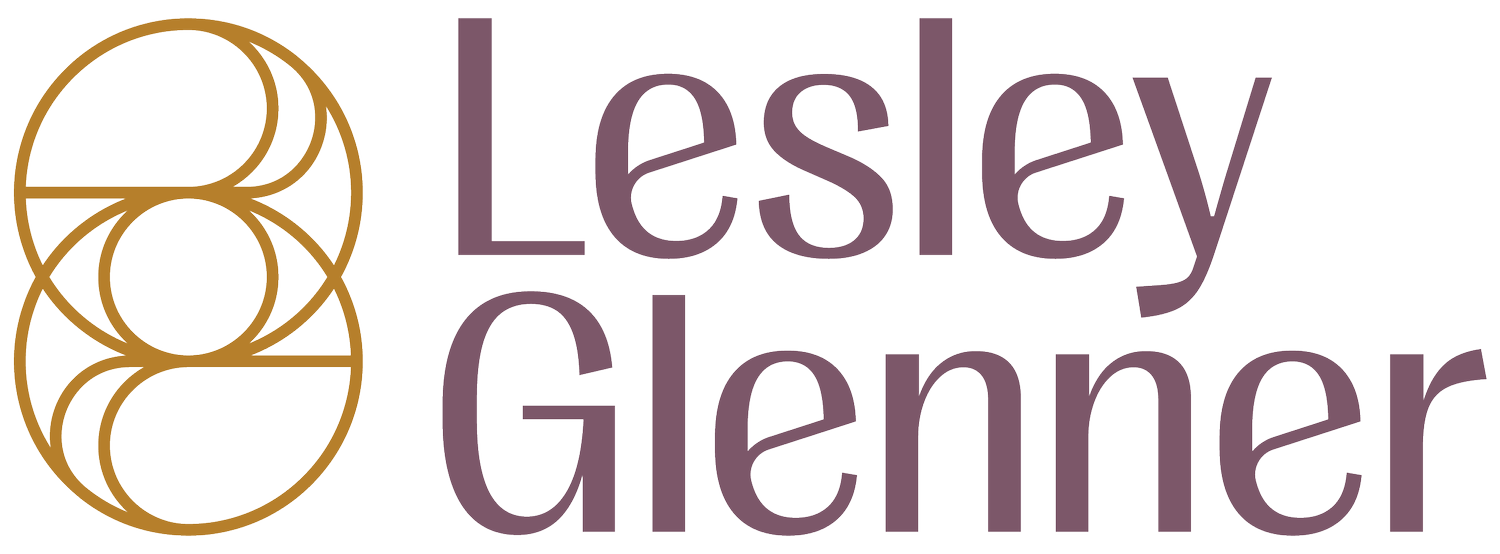Getting Real: On Vulnerability, Shame, and Guilt
Why simply “being vulnerable” is not the only goal.
We’ve heard much about “vulnerability” and ‘authenticity” in the past few years. And,on the path of personal growth and development need to make space to air out any shame and guilt in our lives. However, I encounter lots of over-sharing in the name of ‘raw-thenticity” Often times divulging your darkest stuff with everyone you encounter is not the best way forward.
BUT, a lack of vulnerability leads to a deficit in intimacy.
So, how do we thread the needle and show up vulnerably yet healthfully in our daily lives? Here are my thoughts about getting real.
Getting Real is the main requirement of therapeutic coaching work.
Our willingness to be truly honest about this dynamic within us is synonymous with being educable.
Severe narcissism, pride, extreme privilege, and belief in or commitment to the “zero sum game” are huge obstacles to getting real and healing oneself.
The only way I can be of benefit to my clients is if they are willing to really look at themselves, no matter how painful that is.
If we’re not able to feel and represent our shame and guilt in a healthy adult way, we are never going to achieve the intimacy, collaboration, deep attunement and connection that we all crave.
It’s easy to externalize our feelings. What we need to be doing instead is self-reflection and introspection. That means taking adult responsibility for our own limitations, wounds, and shortcomings.
Getting real means accepting all parts of ourselves—especially our limitations—and then working on them.
Vulnerability is a stepping stone to clean, mature emotional honesty.
When we open ourselves up, we can represent our feelings and experience without unintentionally implicating “the other.” We can also helpfully ask for what we need in a way where the other can consciously respond to us, rather than unconsciously react.
Simply “being vulnerable” is not an end to itself. Let’s not go breaking our arms patting ourselves on the back for simple “vulnerability.” Raw vulnerability is usually very messy and requires some amount of editing to be fit for human consumption.
You want to share something that the listener or recipient can work with and respond to well. So, to paraphrase Nadia Bolz-Weber, "show your scars, not your wounds" to those who aren't ready to see them.
In addition to respecting the listener, you will also benefit from sharing your open wounds in a safe container of loving kindness and compassion first. Therapy is the perfect place for this
Defensiveness is a product of shame.
Shame hoists our defense mechanisms. Unfortunately, defensiveness represents one of Dr. John Gottman's "Four Horsemen" of relationships, along with Criticism, Contempt, and Stonewalling. These four behaviors have such a strong impact on relationships that they have actually been shown to predict divorce if they remain unresolved.
The feelings of vulnerability are felt viscerally. These are ancient physiological experiences of our humanity relating to a sense of belonging and safety. They are highly connected to our experience of shame and fear; even to our very existence.
These visceral feelings connect to the most primitive parts of the brain -- those parts that cannot discern between a wolverine chasing us and our partner looking at us funny.
There’s a lot of opportunity for personal development here. The path to growth begins with making our shame feelings become conscious enough that we can represent our own vulnerability without fear. However, that’s just the start.
Where we’re going is skillful emotional honestly. Sharing openly is not necessarily relational -- it’s the content of the share in service of relating that matters.
Guilt may signal a need for change, but maintain trust in you.
Often we feel guilty when we express our shame uncleanly—and we should!
When we uncleanly enroll people as participants in our deepest feelings and worst memories, that’s not great behavior.
So a little guilt may serve to point us in the right direction. But conflating shame with being a horrible person, and throwing ourselves away...That’s something that we existentially can’t live with.
We have defensiveness as a self-protective strategy, but it pits “us” against “the other” unnecessarily. Really, our enemy is our own resistance to welcoming these feelings. We need to trust in our deeper okayness.
If you’d like to learn more about getting real in a relationally productive way, and enhance your own and your entire family’s sense of being “okay,” check out the Fulfilled Family Fellowship program.
